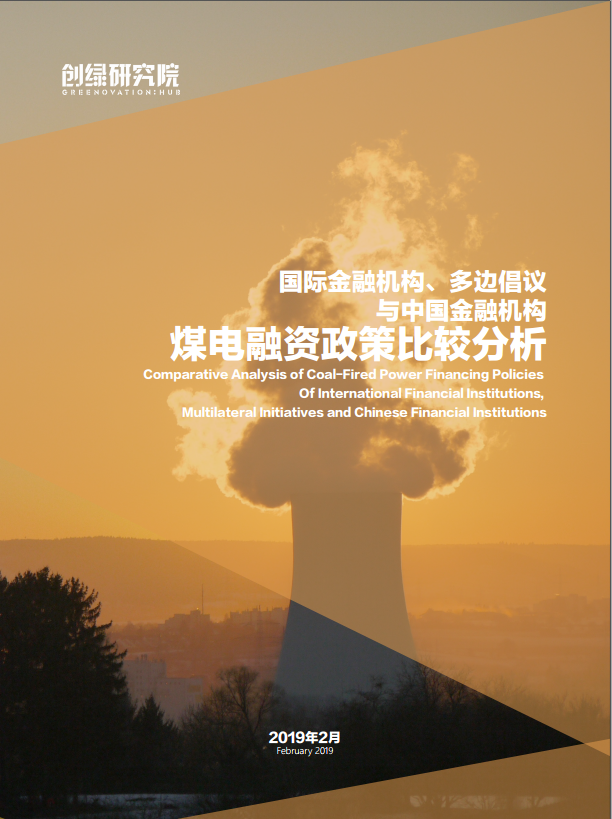
In response to the growing trend of climate change, energy transformation and low-carbon development, more and more government policy-makers and investors are realizing that coal investment activities greatly harm public health and exert much negative impact onthe environment and society. As a result, governments and enterprises will face risks related to finance, reputation and stranded asset. Therefore, they are gradually strengthening and promoting the policies and actions regarding public and social capital to withdraw from the coal industry and migrate to green industries.
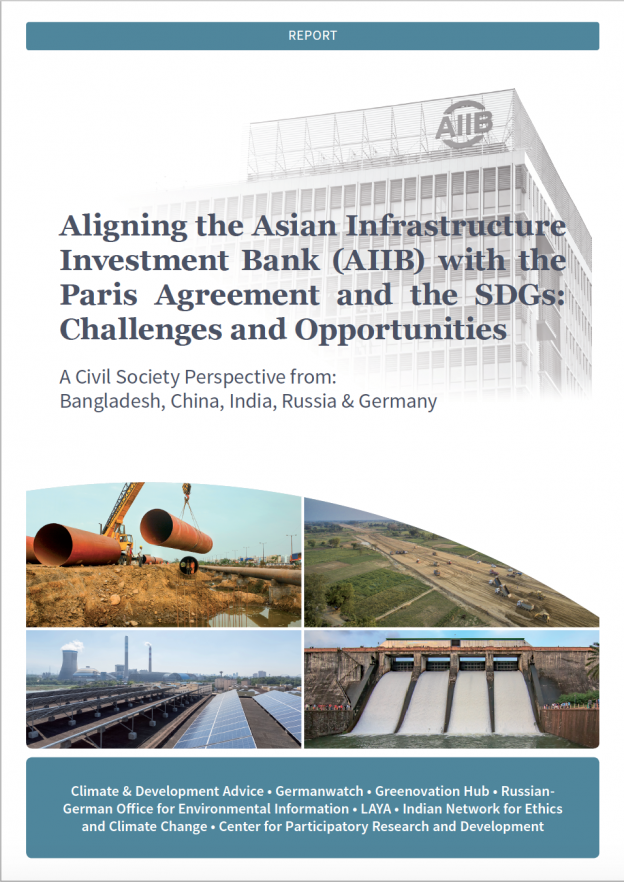
This report aims to promote the incorporation of sustainability and climate resilience into investment principles and policies of the Asian Infrastructure Development Bank (AIIB), a multilateral development banks co-led by China, which could help capital markets allocate more resources to environmentally friendly, climate-resilient and low-carbon infrastructure investments. The report evaluated whether the Asian Infrastructure Investment Bank has lived up to its promise to be ‘Lean, Clean and Green’ by analyzing the alignment with Paris Agreement and SDGs of AIIB’s environmental and social related strategies and policies, and project implementations.
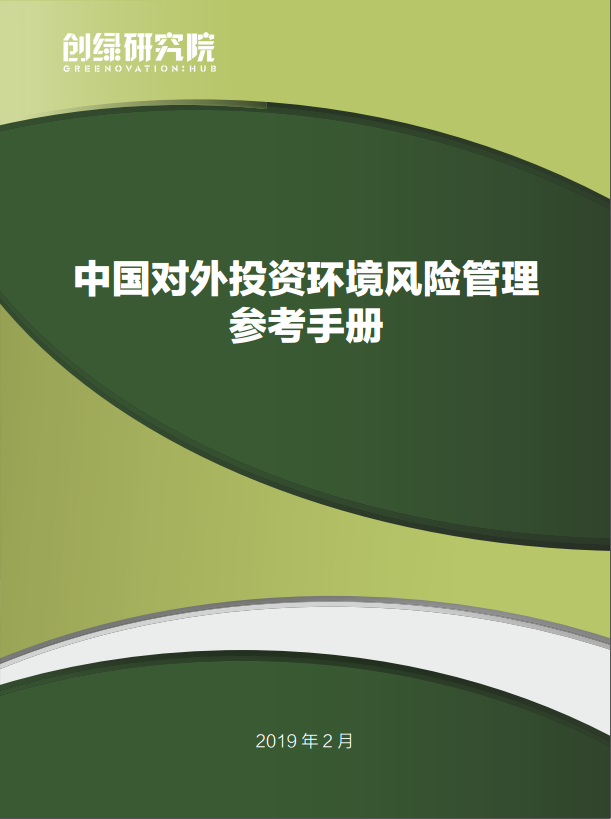
In order to reduce and avoid social and financial risks arising from environmental factors in China’s overseas investment , and guide domestic institutions to follow the Principles for Responsible Investment, further greening the BRI by fully integrating the notion of ecological civilization and low-carbon into the implementation,and contribute to achieving United Nations 2030 Sustainable Development Goals and goals of Paris Agreement, the Green Finance Committee of Finance Association of China (hereinafter referred to as the Green Finance Committee) established the Task Force on Environmental Risk Management for China’s Overseas Investment in 2017, a move under Environmental Risk Management Initiative for China’s Overseas Investment jointly launched by seven associations and committees subordinated to ministries. Subsequently, Environmental Risk Management Manual for China’s Overseas Investment (hereinafter referred to as the “Manual”) was finalized by the Task Force and was issued at the International Green Finance Forum hosted by Green Finance Committee in April 2018.Authored by GHub and supported by Heinrich-Böll-Stiftung, this report, as the main part of the Manual, mainly includes the objective, scope and general guidelines for environmental risk management of China’s overseas investment, typical environmental risk identification and assessment cases of BRI countries, country-specific climate risk management cases, as well as international conventions, industry norms and national laws and regulations.
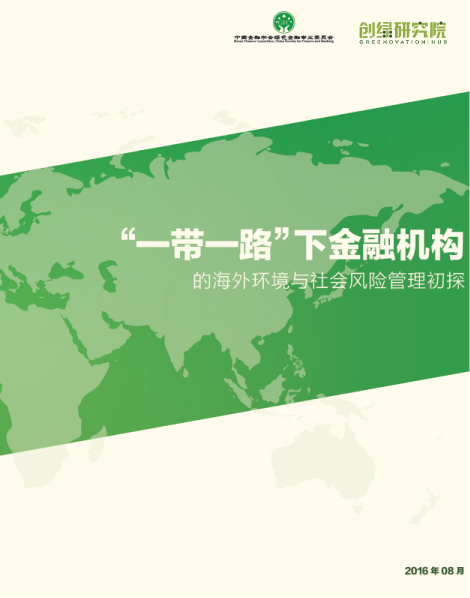
China launched “The Belt and Road Initiative”, aiming at promoting the interconnection and extensive cooperation in economic and trade, infrastructure, finance, culture and other aspects among the countries, especially the developing countries along “the Belt and Road”, helping them to achieve independent, balanced and sustainable development. Due to the vulnerable ecological environment, the most important risk requiring attention and managment is environmental risk of investment projects of the countries and regions along “the Belt and Road”. It is the key challenge to the success of construction and investment in “Belt and Road” regions and sustainable development of the countries along “the Belt and Road”, so it needs multilateral development banks and financial institutions of countries to build capacity and deepen the cooperation in knowledge and banks’ policies development.
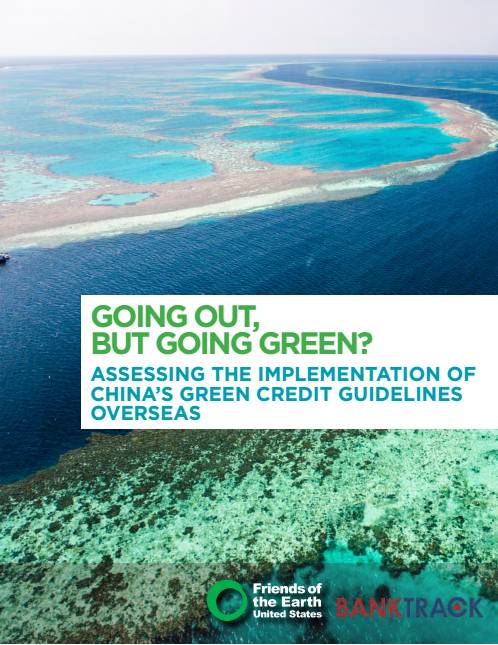
This study presents seven case studies of Chinese bank financing for overseas investments and analyzes these transactions to determine the extent to which banks have implemented Article 21 of the Green Credit Guidelines, China’s innovative sustainable finance policy. Evidence suggests that widespread problems in bank compliance with Article 21 of the GCG exist. The case studies indicate that Chinese banks lack transparency and sufficient methods of engaging with the public, practices which reduce their access to beneficial information and input that could improve their GCG compliance, and the report concludes with several recommendations, including one that Chinese embassies abroad take a proactive role to ensure compliance with Article 21 of the GCG.
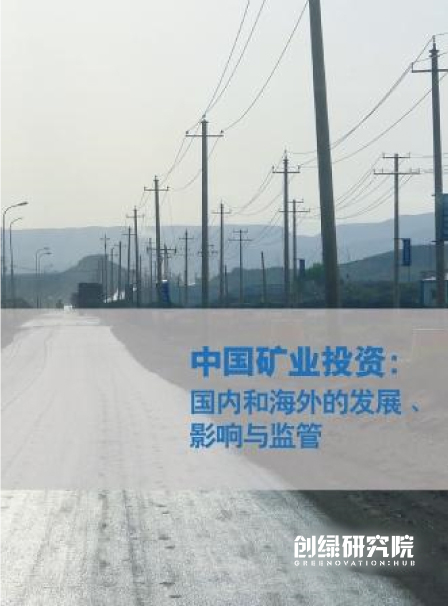
After two- year research, G:hub has recently completed the report focuses on mining industry, analyzes the current situation, laws and rules, and existing problems of China’s oversea investment. It also reduces respectively the local situation of Chinese enterprises’ investment projects in mainland, the Laos, Cambodia and Peru. By releasing this report, G:hub expects for more objective and comprehensive discussion, helping all parties benefit from practice and experience at home and abroad.